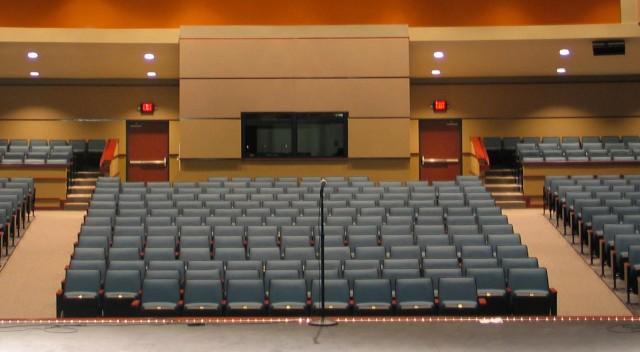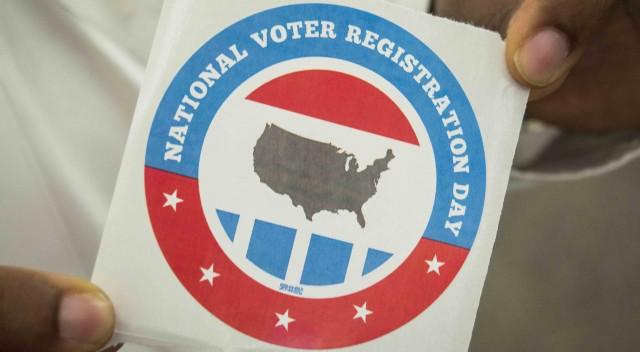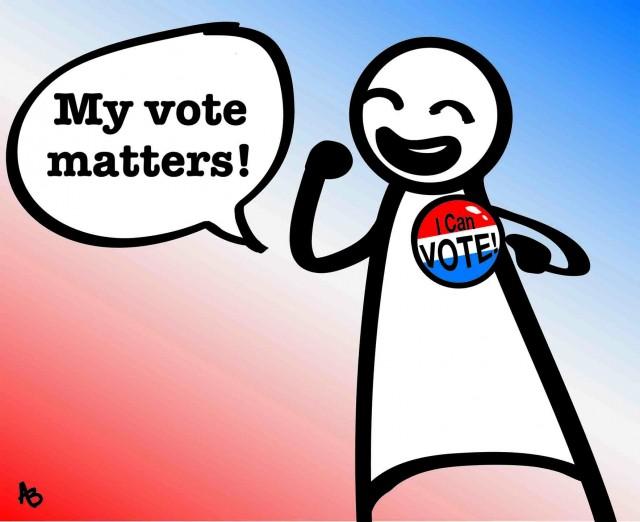By Sarah Young/ reporter
In an attempt to increase student success, TCC is working to provide an inclusive environment for transgender students.

Transgender students are an at-risk group that face many challenges other students might not face.
“There are very high rates of LGBT homelessness,” says Aubree Calvin, a transgender teacher on NW Campus. “There are very high rates of LGBT and transgender poverty, and I really think that’s why it’s important that TCC is supportive of this young group.”
Those aren’t the only issues that transgender students face. They can also have trouble with acceptance from their own families and within their own home, Calvin says.
“Coming out and being transgender can be very difficult,” she says. “A lot of transgender students don’t have parents that accept them. A lot of transgender students can’t come out … because they might get cut off financially, they might lose their place to live, and they might lose their familial support. So it’s important that the college is there for them so that, at least here on campus, they can discover who they are.”
More than one transgender student has faced this lack of home support, and it has had an impact on their success as a student. One such student is Eli Jacobs.
“It took a really long time for my mom to come around and accept me being trans,” Jacobs said, “and after I came out, my mom just cut me off, and I was working, like, 40 to 50 hours a week to have a place to live and still afford to take classes, and my grades just plummeted.
“I think my GPA dropped, like, a whole two points or something, and I seriously spent half the semester just constantly wondering whether it would be worth it to just drop out. It was awful.”
South counseling director Ticily Medley says it is important to support these students.
“Very simply, if we’re saying that student success is our goal, and this is an at-risk population, then we should be working to increase the sense of inclusion for this population,” she says.
Because of this, TCC has taken steps to support this at-risk population and be inclusive toward transgender students.
These steps include initiatives from the Office of Institutional Diversity and Inclusion, the creation of a Safe Space Committee, Safe Space classes to bring awareness and education about lesbian, gay, bisexual and transgender issues, and nondiscrimination policies. LGBT student organizations are also on each campus.
“The steps that we take to increase that sense of inclusion is going to have a long-term benefit of increasing the likelihood of success for these students,” Medley says.
Jacobs agrees.
“The only reason I didn’t drop out was that I felt more able to be myself at college than I was at work or home or wherever,” Jacobs said. “It was really important to me, having that place where I could be myself and have support, and I think that kept me going in college until my mom came around. If I didn’t have that, I think I would have just quit.”

























